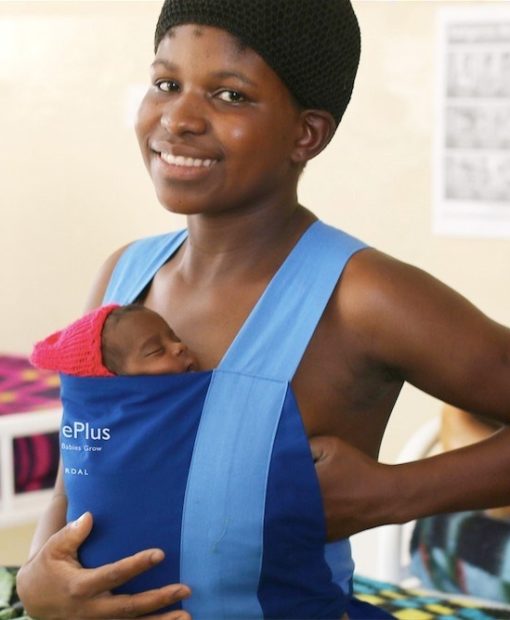Obese Kids Have Different Gut Germs
Targeting specific types of bacteria might one day help treat childhood obesity, research suggests

Obese Kids Have Different Gut Germs
Obese kids and teens have different types of bacteria living in their digestive tract than their normal-weight peers, a new study reports. The researchers said this finding might eventually lead to a way to target specific species of bacteria and help prevent or treat early onset obesity.
For the study, the researchers analyzed the gut bacteria and weight of 84 young people between the ages of 7 and 20. Of these kids, 27 were obese, 35 were severely obese, seven were overweight and 15 were normal weight. The children and teens underwent an MRI to assess their body fat distribution. They also gave blood samples and kept track of what they ate in a food diary for three days.
The study authors found eight groups of gut bacteria that were linked to the amount of fat in the body. Four of them thrived more in the young people who were obese, the study showed. Smaller amounts of the other four bacteria groups were found in the young people who were obese than those who were a normal weight. The researchers noted the gut bacteria of the obese kids was usually more efficient at digesting carbohydrates than the bacteria found in the young people who were not overweight.
The study was published Sept. 20 in the Journal of Clinical Endocrinology & Metabolism. The American Heart Association and the U.S. National Institutes of Health provided some of the funding for the study.
The research also found that obese children more often had higher levels of short chain fatty acids in their blood than the normal-weight children. These short chain fatty acids, which are produced by some types of gut bacteria, are linked with the production of fat in the liver, the researchers said.
“Our research suggests that short chain fatty acids can be converted to fat within the liver and then accumulate in the fat tissue,” senior study author Dr. Nicola Santoro said in a journal news release. He’s an associate research scientist in Yale University’s department of pediatrics, in New Haven, Conn. “This association could signal that children with certain gut bacteria face a long-term risk of developing obesity,” he added. Obesity affects 17 percent of young people in the United States, according to the U.S. Centers for Disease Control and Prevention.
More information
The U.S. Centers for Disease Control and Prevention provides more information on obesity.
— Mary Elizabeth Dallas

 September 21, 2016
September 21, 2016




 May 19, 2018
May 19, 2018 




